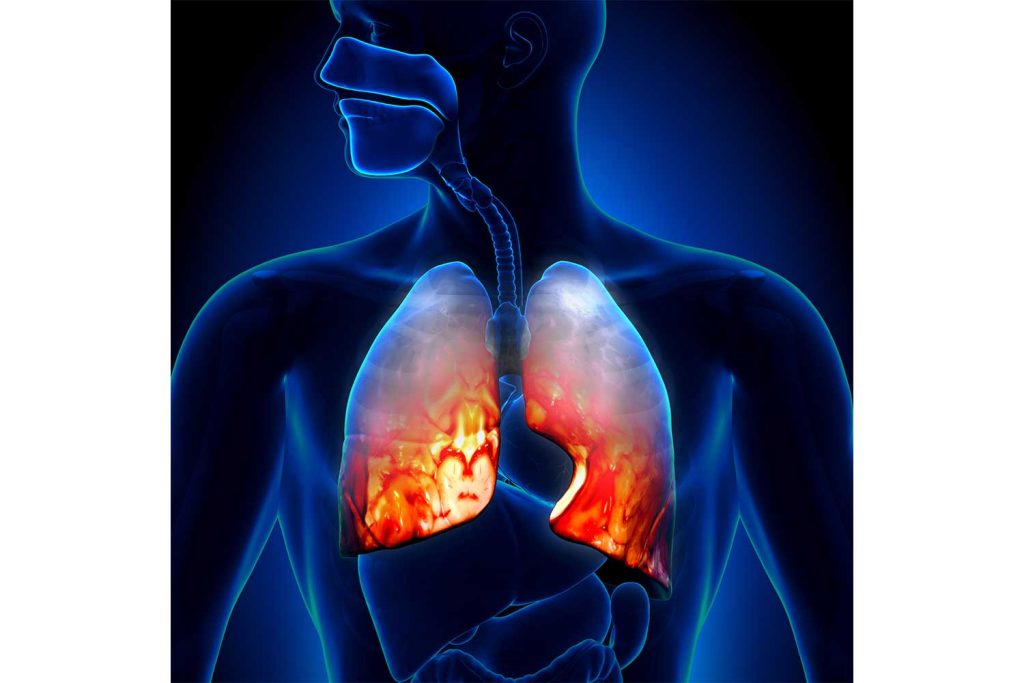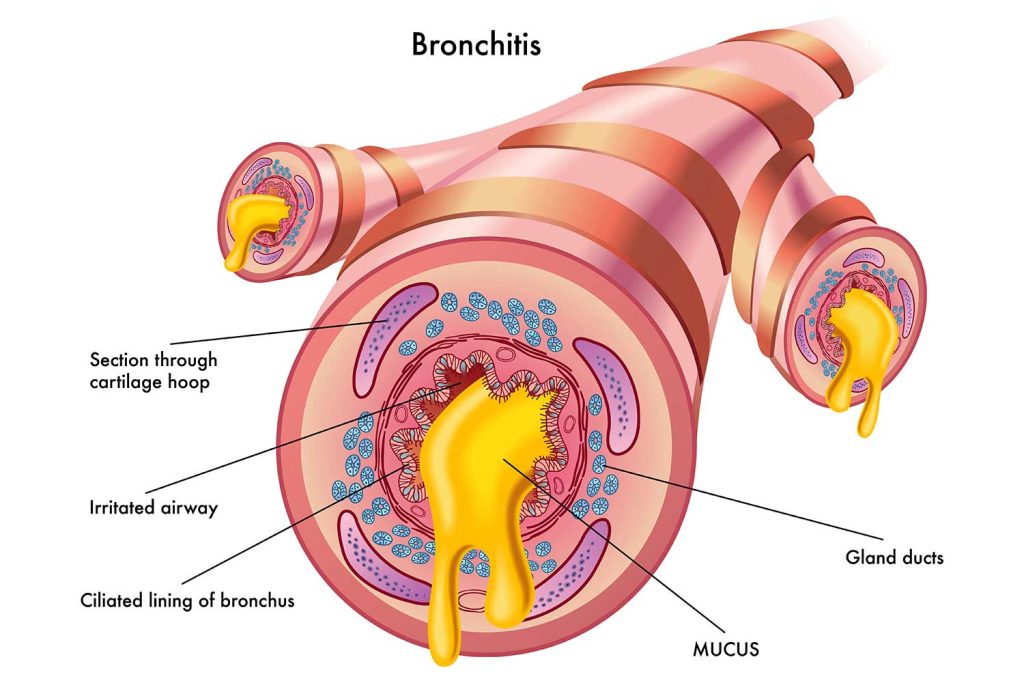Top Flu Complications & When to go to the ER
This flu season has resulted in more hospitalizations than in the previous ten years. According to the CDC, this unseasonably rough season sent 280,000 Americans to the hospital, and close to 17,000 patients have died.
As weather conditions continue to decline, the rate of flu infections can increase, putting vulnerable individuals such as children under age 5, adults over age 65, pregnant women, and immunocompromised people in harm’s way.
While it’s true that most people who get sick with the flu will heal within a few days, some can develop life-threatening complications. That is why recognizing the warning signs of flu complications and knowing when to go to the ER is vital.
Supreme Care ER is the finest emergency room in Jersey Village near Cypress Texas. We’re happy to provide you with the emergency care that you need in the event of a medical emergency.

Top Flu Complications and When to Go to the ER
Pneumonia
Pneumonia is an infection of the lungs that can come about when the flu virus spreads to the lower respiratory tract.
Severe symptoms of pneumonia include:
- Stubborn fever higher than 102°F
- Chills or sweating
- Severe cough with mucus
- Shortness of breath and trouble breathing
- Chest pains
Left untreated or delaying medical attention can result in further life-threatening complications, such as
- Fluid build-up in and around the lungs
- Acute respiratory distress syndrome
- Bacteria in your bloodstream
- Severe breathing difficulties that may require oxygen supplementation

Bronchitis
Typically, the flu virus enters your body via the nose or mouth, infecting the upper respiratory tract, including the nasal cavities, sinuses, and throat. However, sometimes the infection can spread to the airways leading to the lungs and bronchi, resulting in bronchitis.
This flu complication irritates the mucous membranes of the bronchi in the lungs and causes the following symptoms:
- Persist cough (often with mucus)
- Tightness in the chest area
- Mild fever and chills
- Fatigue

Left untreated, it can turn into chronic bronchitis, leading to more severe conditions, including pneumonia, pulmonary hypertension, emphysema, and heart failure.
When to Seek Emergency Care
Please visit our nearest ER if you experience any of the following:
- Cough with a fever higher than 100.4°F
- A cough lasting more than three weeks
- Produce mucus that is green or yellow in color
- Produce mucus tinged with blood
- Rapid or irregular heartbeat
- Difficulty breathing
- Chest pain
- Dizziness or confusion
Sinus and Ear Infections
Sinus and ear infections are common complications of the flu because the influenza virus weakens your immune system allowing harmful bacteria to take advantage.
Symptoms of Sinus infections

- Nasal congestion
- Postnasal drip
- Pain in and around the sinuses, upper jaw, and teeth
- Decreased sense of smell
- Sore throat
- Cough
When to Seek Emergency Care for a Sinus Infection
Get medical help as soon as possible if you develop any of the following symptoms:
- Swollen forehead
- Pain or swelling near the eyes
- Severe headache
- Vision changes, such as blurred vision or seeing double
- Difficulty breathing
- Mental confusion
- Neck stiffness
Symptoms of Otitis Media (Ear Infections)

- Ear drainage
- Loss of hearing
- Fever
- Chills
- Vomiting
- Unexplained changes in mood
When to See Emergency Care for an Ear Infection
Adults should see a doctor whenever they experience earaches or ear drainage. You seem immediate medical attention for your child when:
- Ear discharge appears
- They are extreme pain
- They have trouble sleeping
- They are more irritable than usual
- Their symptoms last more than a day
If you suspect someone in your household has complications from the flu, don’t delay and seek immediate medical care.
At Supreme Care ER, we provide comprehensive emergency services for the whole family and are open 24/7 year-round.
Where to go in Case of an Emergency?
At Supreme Care ER, our doors remain open to provide the very best ER care for you and your family.









